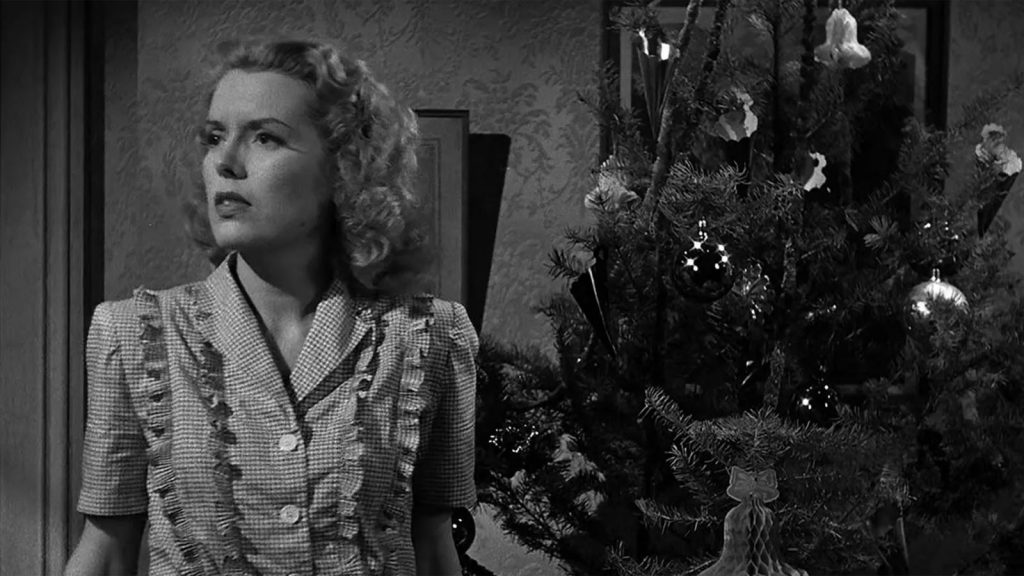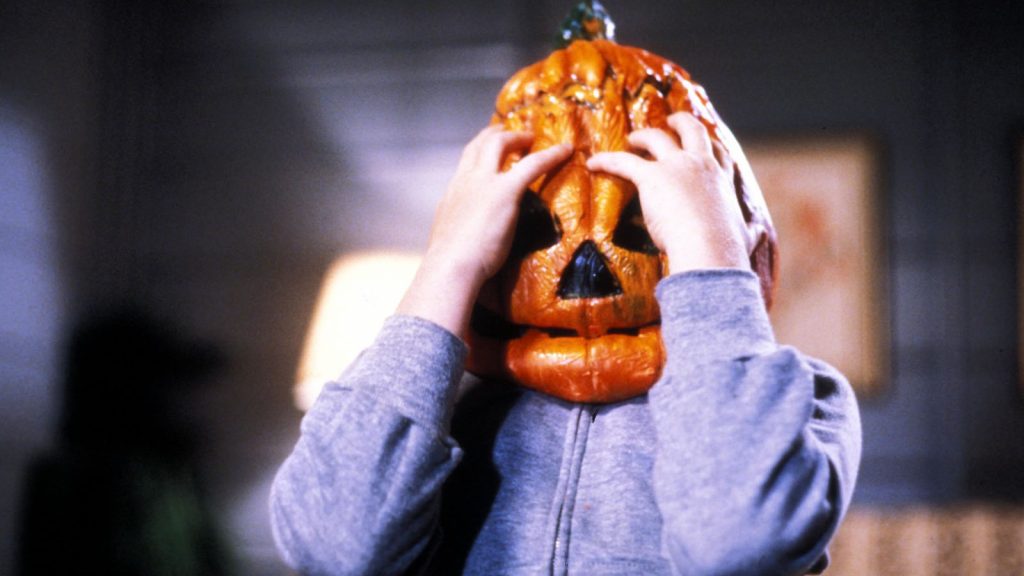Punctured Life

A place where no actual blood was spilled—at least to my knowledge—my grandmother’s house proved strangely—even sagely—sanguinary as it pertained to an important development in my life.
Witches of the Fog

Just about everyone loves Halloween—and if someone tells you they don’t, you might wish to keep your distance—but few people are aware of the spring’s variant on All Hallow’s Eve.
Better Than One

Were you to remark that the 1940s represented a peak in American pop-cultural horror, most people would automatically think you were talking about movies.
No Michael Myers Necessary

The way horror film series typically work is that the first entry is notable, for whatever reason—it’s a great movie, it’s popular, it infiltrates the news cycle/culture—and then subsequent entries get worse and worse and worse, until there are no more.
